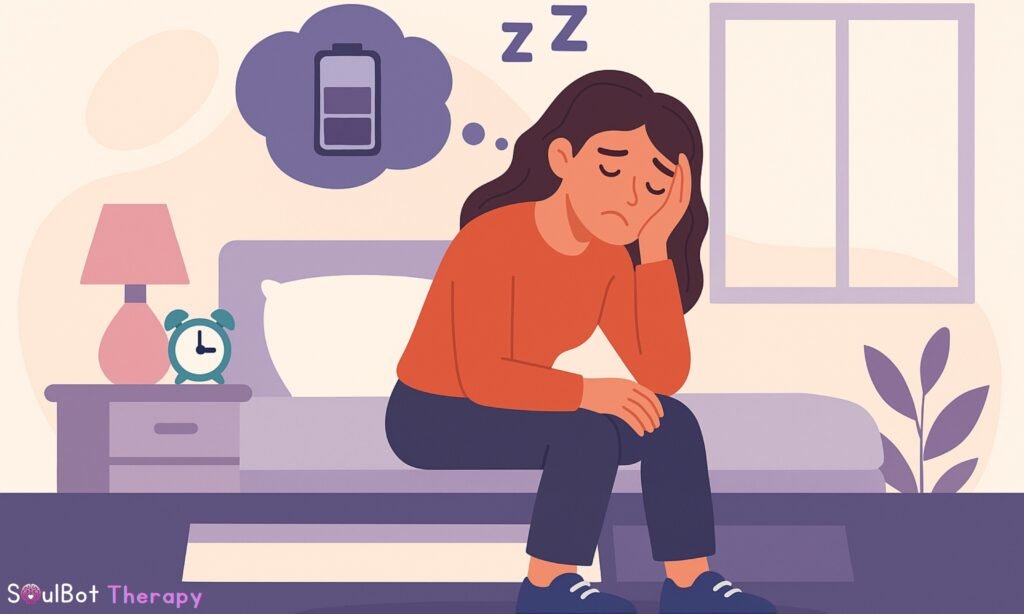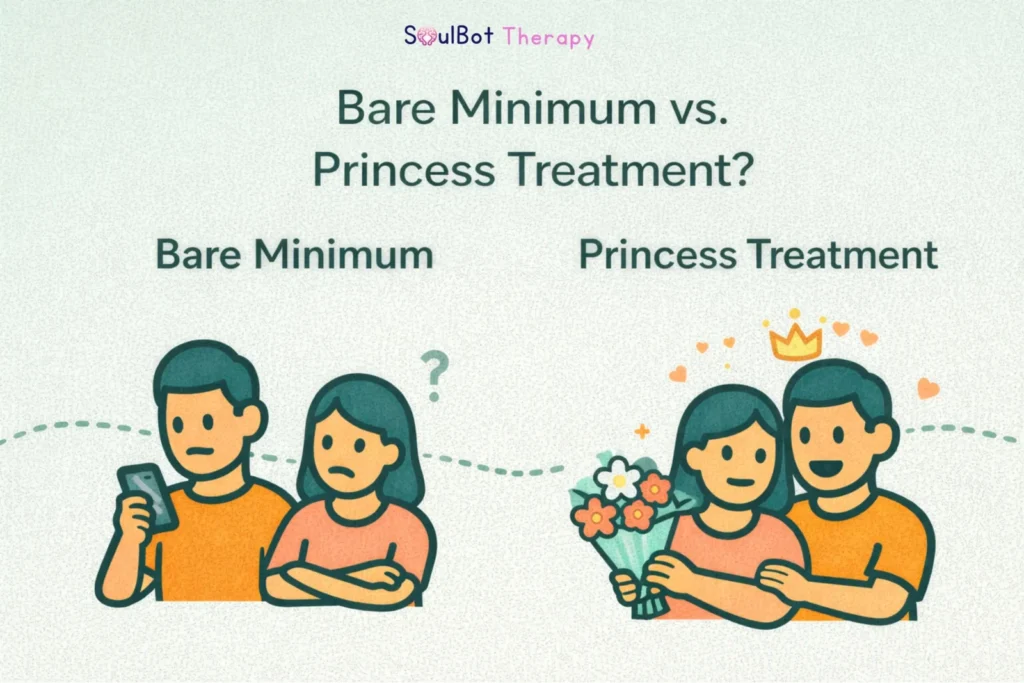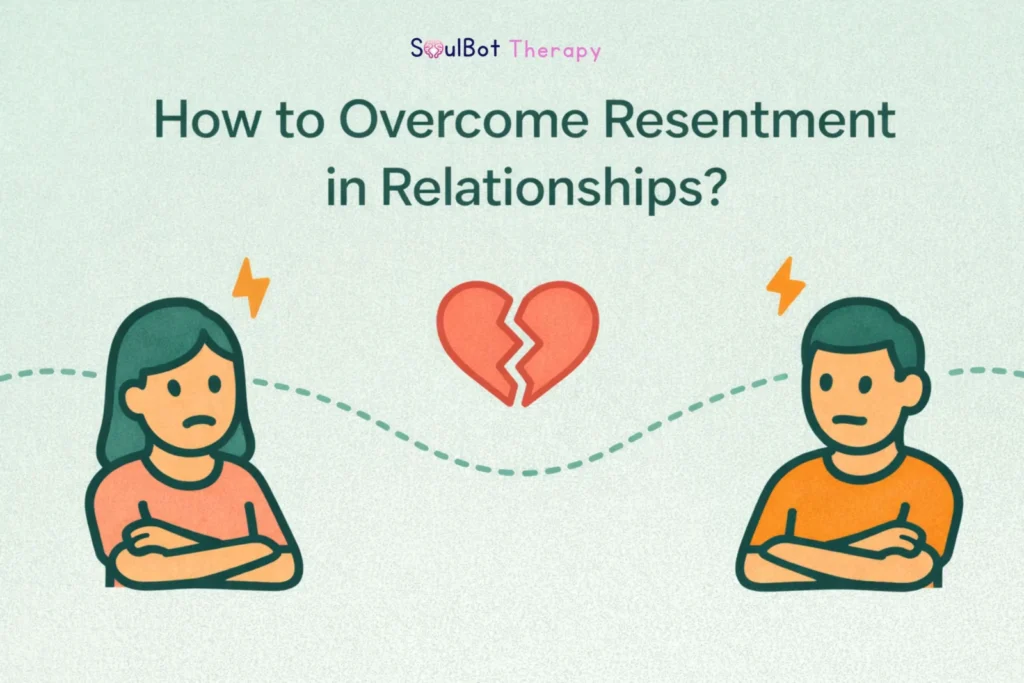If you’ve been Googling “why do I feel tired all the time,” even after 8 hours of sleep, you’re not alone. You’ve tried it all:
- Going to bed on time
- Drinking more water
- Cutting caffeine after 3 PM
- Sleeping “enough”
And yet… You still wake up groggy. Your brain feels foggy by noon. Even simple tasks feel emotionally expensive. The truth? Sleep and rest aren’t the same thing. And what you might be feeling isn’t just tiredness, it’s emotional fatigue.
What Is Emotional Fatigue and Why Does It Make You So Tired?
Emotional fatigue occurs when the mind is overstimulated, the nervous system is overloaded, and the emotions are unresolved, all while the body technically gets enough sleep.
“You didn’t just wake up tired you carried your unprocessed life into bed with you.”
Sleep vs Rest: What’s the Difference?
Most people think sleep = rest. But there are actually 7 types of rest (Source: Dr. Saundra Dalton-Smith, via TEDx):
- Physical rest (sleep, naps)
- Mental rest (quiet time, no stimulation)
- Emotional rest (expressing feelings safely)
- Sensory rest (logging off, silence)
- Social rest (being around non-draining people)
- Spiritual rest (feeling connected to meaning)
- Creative rest (inspiration, awe, curiosity)
You can sleep and still lack 5 out of 7 of these. Which means: you’re not lazy. You’re under-rested.
🧩 7 Surprising Reasons Why I Feel Tired All the Time?
Let’s go deeper than “drink more water.”
1️⃣ You’re Emotionally Suppressing All Day
If you bottle up everything, your frustration, anxiety, and overstimulation, it doesn’t go away.
It waits until night. That’s why you wake up feeling like you fought a dragon in your dreams.
2️⃣ You’re Doomscrolling Before Bed
Blue light messes with melatonin, but emotional overload from news and social content messes with your brain’s ability to feel safe.
An overstimulated brain = fragmented sleep.
3️⃣ You’re Mental clocked in 24/7
Even if you’re “off work,” your brain might still be spinning:
- “Did I say that wrong?”
- “What’s my to-do list for tomorrow?”
- “I should’ve replied to that text.”
This keeps cortisol high and recovery low.
4️⃣ You’re Waking Up at the Wrong Part of Your Sleep Cycle
Even if you get 8 hours, waking up mid-REM or deep sleep = disorientation and grogginess.
Apps like Sleep Cycle can help track optimal wake windows.
5️⃣ You’re Anxiously Tired, Not Physically Tired
Anxiety drains your energy. Not because you’re moving but because your nervous system is on hyper-alert.
You’re running a mental marathon in your head.
6️⃣ You’re Not Actually Getting Quality Sleep
You might be sleeping through the night, but not sleeping deeply. Disrupted sleep can come from:
- Sleep apnea
- Night-time anxiety
- Caffeine sensitivity
- Overeating late at night
- Blue light and EMF disruption
7️⃣ You’ve Normalized Burnout
If you’ve been tired for so long, you may have accepted it as your “normal.” But constant tiredness, irritability, and brain fog are not your baseline; they’re warning signs.

What Does Emotional Fatigue Feel Like?
- You wake up tired, no matter how long you slept
- Loud noises or conversations drain you
- You feel mentally “full” but emotionally disconnected
- You crave isolation, but also feel restless alone
- You forget small things and feel easily overwhelmed
Sound familiar?
That’s your brain asking for emotional decompression, not just more sleep.
💡Quick Test: Is Your Tiredness Physical or Emotional?
| Question | Physical Fatigue | Emotional Fatigue |
| Does your body ache and feel heavy? | ✅ | ❌ |
| You feel drained even after rest? | ❌ | ✅ |
| Are you mentally foggy, irritable, or low in motivation? | ✅ | ⚠️ (sometimes) |
| You’re mentally foggy, irritable, or low motivation? | ⚠️ | ✅ |
| You avoid tasks due to dread, not just tiredness? | ❌ | ✅ |
If most of your checks land in the emotional column, it’s time to reset more than your bedtime.
Learn more about Understanding Fatigue Beyond Sleep
How to Start Feeling Less Tired (Without More Sleep)?
Try these for a week:
✅ 1. Create an “Emotion Dump” Ritual
Every night, write down:
- What went well
- What frustrated you
- What you’re holding in emotionally
This clears mental noise → improves sleep quality.
✅ 2. Break the “Stimulation → Crash → Scroll” Cycle
Replace night scrolls with:
- Soft music
- A warm shower
- Reading or stretching
- 10 minutes of breathing with eyes closed
This tells your nervous system: “You’re safe to rest now.”
✅ 3. Anchor Your Mornings, Not Your Evenings
Instead of forcing an early bedtime →, force a consistent wake-up time. Your circadian rhythm will catch up.
Want to Know If Your Sleep Is Helping or Hurting You?
Take our free Sleep Quality Test and reflect on:
- Your emotional and mental energy
- How often do you wake up tired
- Your night-time habits and hidden triggers
Final Thought: You’re Not Lazy, You’re Carrying Too Much
If you’re asking, “Why do I feel tired all the time?”
Maybe your body isn’t the problem. Perhaps it’s your mind asking for a break.
Rest isn’t weak. It’s wise. Let SoulBot help you figure out what your tiredness is really trying to say.
📞 Book a Free Consultation with a SoulBot therapist and get clarity, not just coping.








